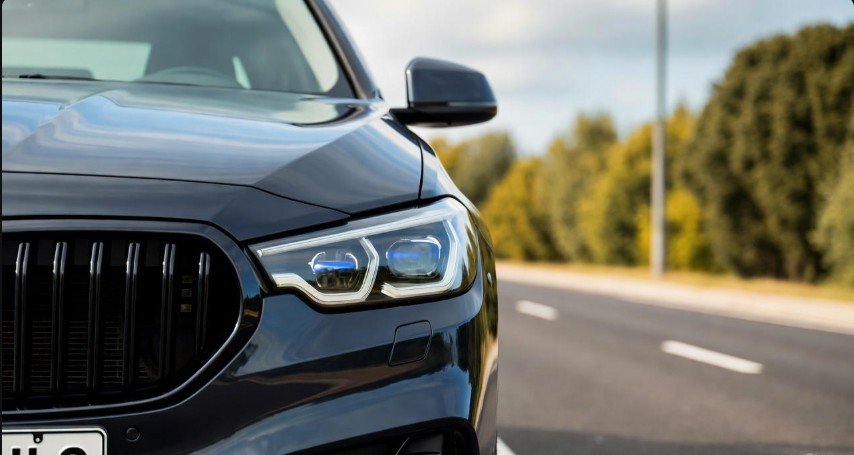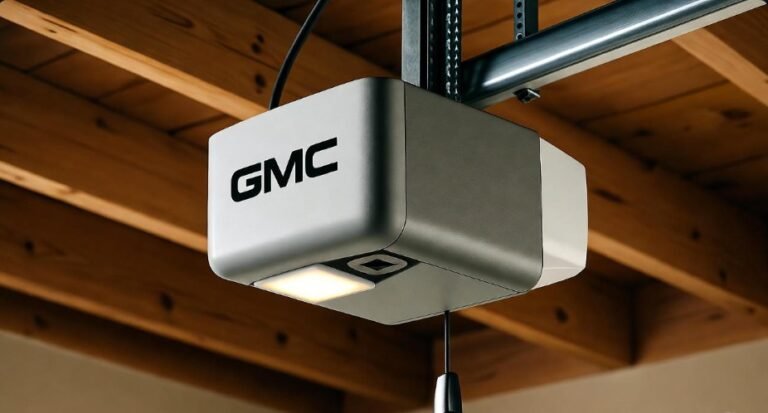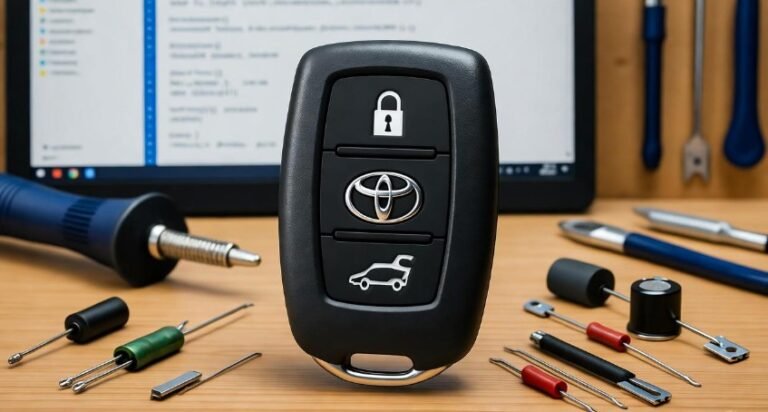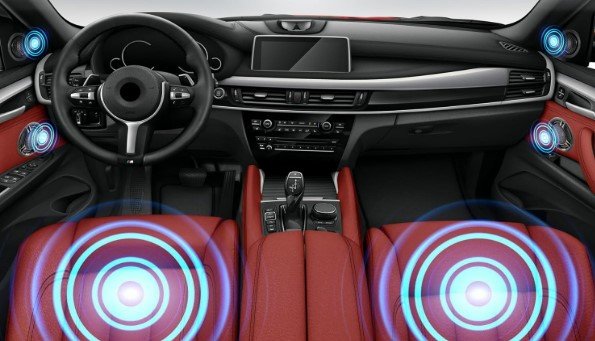Solved: My Car Starts Sometimes And Sometimes It Doesn’t

Have you ever turned your car key, only to stare in disbelief as the engine refuses to roar to life? Or perhaps, moments later, it starts without a hitch. If this scenario sounds familiar, you’re not alone. Many car owners experience the frustrating problem where their car starts sometimes and sometimes it doesn’t. Intermittent starting issues are more than just an annoyance—they can be dangerous if they leave you stranded at the wrong time.
In this guide, we’ll explore the most common reasons behind inconsistent car starting, from battery and fuel system problems to ignition issues and faulty electrical components. We’ll also provide practical steps and preventive tips so you can get your vehicle running reliably again. Think of this as a friendly troubleshooting roadmap—like having a car-savvy friend guiding you through each potential cause.
Understanding the Problem: Why Your Car Starts Intermittently

Before diving into technical fixes, it’s crucial to understand what’s happening under the hood. When a car starts sometimes and sometimes it doesn’t, the issue usually points to inconsistencies in one or more key systems: battery, ignition, fuel delivery, or electrical wiring.
-
Battery Problems: A weak or dying battery may provide enough power occasionally, but fail during colder mornings or after multiple uses in a short period.
-
Ignition System Issues: Faulty spark plugs, ignition coils, or starter motors can disrupt the firing sequence intermittently.
-
Fuel System Malfunctions: Clogged fuel filters or failing fuel pumps can lead to sporadic fuel delivery, causing the engine to hesitate or refuse to start.
-
Electrical Wiring Troubles: Loose connections, corroded terminals, or a failing engine control module may create unpredictable behavior.
Recognizing the patterns and conditions under which your car fails to start is the first step toward solving the problem. Keeping a small log of when it happens—cold mornings, after long drives, or during rain—can help a mechanic pinpoint the root cause faster.
Battery Problems: The Most Common Culprit
A car’s battery is the lifeblood of its electrical system. If your car starts sometimes and sometimes it doesn’t, the battery is often the first place to check.
Common battery-related issues include:
-
Weak or Dying Battery: Over time, batteries lose their ability to hold a full charge. This can cause starting problems, especially in extreme temperatures.
-
Corroded Terminals: Corrosion can block the smooth flow of electricity, leading to intermittent starting.
-
Faulty Alternator: If the alternator isn’t charging the battery properly, you might have just enough juice to start the car occasionally.
Quick Fix Tips:
-
Test the battery voltage using a multimeter. Healthy batteries should read around 12.6 volts when the car is off.
-
Clean the battery terminals and clamps with a mixture of baking soda and water.
-
Replace the battery if it’s old or unable to hold a charge.
Pro Tip: Even if your battery seems fine, a weak alternator can mimic battery issues. If your car dies shortly after starting, consider checking the alternator as well.
Ignition System Issues: Spark Plugs and Beyond
Sometimes the problem isn’t the battery—it’s the ignition system. Your engine relies on a precise sequence of sparks to start. If something interrupts this process, your car may start inconsistently.
Common Ignition Issues:
-
Faulty Spark Plugs: Worn-out or fouled spark plugs fail to ignite the air-fuel mixture, causing intermittent starts.
-
Ignition Coil Problems: A failing coil can deliver inconsistent voltage to the spark plugs.
-
Starter Motor or Solenoid: If the starter doesn’t engage properly every time, the engine may crank inconsistently or not at all.
Why This Matters: Ignition issues aren’t just inconvenient—they can damage your engine over time. Failing to address faulty spark plugs or coils can lead to misfires, reduced fuel efficiency, and costly repairs.
Pro Tip: Listen for unusual sounds when trying to start your car, like a single click or slow cranking. These are often signs of ignition or starter issues.
Fuel System Malfunctions: When Your Engine Isn’t Getting What It Needs
Your engine is hungry for fuel, and if it doesn’t get enough, it won’t start. Fuel system problems are a common cause when a car starts sometimes and sometimes it doesn’t.
Typical Fuel Issues:
-
Clogged Fuel Filter: A blocked filter restricts fuel flow, which can prevent the engine from starting consistently.
-
Failing Fuel Pump: If the pump delivers insufficient fuel pressure, the car may hesitate or fail to start.
-
Dirty Fuel Injectors: Clogged injectors prevent proper fuel spray, disrupting combustion.
Quick Checks:
-
Listen for a humming sound from the fuel pump when you turn the ignition key. No sound could indicate a failing pump.
-
Check fuel pressure at the rail using a gauge. Low pressure is a red flag.
-
Replace clogged fuel filters and clean injectors as needed.
Pro Tip: Using high-quality fuel and keeping up with regular maintenance reduces the risk of fuel-related starting issues.
Electrical Wiring Troubles: Hidden Culprits Behind Intermittent Starts
Electrical problems can be sneaky, causing your car to behave unpredictably. Loose wires, corroded connectors, or a failing engine control module (ECM) can all interfere with starting.
Signs of Electrical Problems:
-
Dashboard lights flicker or fail to illuminate consistently.
-
Clicking sounds without engine cranking.
-
Inconsistent performance of accessories like power windows or radio.
Common Components to Check:
-
Crankshaft Position Sensor: Sends critical information to the ECM. If faulty, the car may not start intermittently.
-
Engine Control Module: A failing ECM can disrupt the ignition and fuel delivery timing.
-
Wiring Harness: Damaged or loose connections can create unpredictable electrical behavior.
Pro Tip: Electrical issues often require professional diagnostics. A mechanic can run tests using specialized equipment to pinpoint the faulty component, saving time and preventing guesswork.
Quick Reference Table: Common Causes of Intermittent Starting
| Cause | Symptoms | Solution |
|---|---|---|
| Weak Battery | Slow cranking, engine won’t start sometimes | Test voltage, clean terminals, replace battery if needed |
| Ignition Issues | Clicking noise, engine cranks inconsistently | Check spark plugs, coils, starter motor |
| Fuel System Problems | Engine cranks but won’t start, stalling | Inspect fuel pump, replace filter, clean injectors |
| Electrical Wiring | Flickering lights, inconsistent starts | Inspect wiring, crankshaft sensor, ECM |
Fuel Flow Blockage: When Contaminants Get in the Way
Sometimes, the engine doesn’t get the fuel it needs, not because of the pump or filter, but due to fuel flow blockage. Contaminated fuel—whether from sediments, rust, or debris—can accumulate in the fuel tank and clog the fuel lines.
When fuel lines are blocked, your car might crank normally but fail to start, or it may start only intermittently. Over time, these blockages can strain the fuel pump, leading to premature failure. Preventing this problem is simpler than fixing it: always fill up at trusted gas stations, avoid low-quality fuel, and have your fuel system cleaned periodically.
Pro Tip: A mechanic can flush your fuel lines and inspect for hidden contaminants. Doing so not only resolves intermittent starting issues but also protects the engine from long-term damage.
Fuel Delivery Issues: Ensuring Consistent Pressure
Even if the fuel system is clean, your car might still start sometimes and sometimes it doesn’t if there’s a fuel delivery issue. Fuel delivery problems are often subtle but critical, as the engine requires precise fuel pressure to start reliably.
Common fuel delivery problems include:
-
Weak Fuel Pump Relay: Fails to provide consistent voltage to the fuel pump, leading to intermittent operation.
-
Leaking Fuel Injectors: Fuel may escape or fail to reach the combustion chamber in proper amounts.
-
Pressure Regulator Issues: If fuel pressure is too low or fluctuates, the engine may hesitate or fail to start.
Solution: A professional mechanic can measure fuel pressure, test the pump relay, and inspect injectors. Timely replacement of faulty components ensures smoother starts and prevents more severe engine problems.
Starter Motor Problems: The Unsung Villain
The starter motor is the unsung hero that kicks your engine to life. When it malfunctions, you may experience sporadic starting.
How Starter Problems Manifest:
-
Worn-out Starter Motor: Over time, the motor may fail to engage consistently.
-
Faulty Starter Solenoid: This component helps transmit power from the battery to the starter motor. If it fails, the car may crank inconsistently.
-
Starter Relay Issues: A malfunctioning relay can prevent the motor from engaging, causing the intermittent starting behavior.
Pro Tip: If your car occasionally makes a single click or slow cranking noise when trying to start, the starter motor or solenoid may be at fault. Replacing these parts can restore reliable starts.
Practical Steps to Troubleshoot Intermittent Starting
While some issues require a professional, you can perform some basic troubleshooting at home:
-
Check Battery Connections: Make sure terminals are clean and tight. Even minor corrosion can prevent reliable starts.
-
Listen for Fuel Pump Humming: No sound may indicate a faulty pump or relay.
-
Inspect Spark Plugs and Wires: Worn-out plugs or damaged wires disrupt ignition.
-
Monitor Engine Behavior: Note patterns such as cold starts, hot engine starts, or rainy-day problems.
-
Scan for Error Codes: Modern cars store fault codes in the ECM. A scanner can reveal ignition, fuel, or sensor issues.
Pro Tip: Keeping a simple log of failed starts helps mechanics pinpoint problems faster, saving you time and money.
Preventive Maintenance: Avoid Future Headaches
Prevention is better than repair, especially when it comes to intermittent car starting. Regular maintenance ensures your car remains reliable:
-
Battery Maintenance: Clean terminals, check voltage, and replace old batteries.
-
Ignition Care: Replace spark plugs, coils, and wires as recommended by the manufacturer.
-
Fuel System Checks: Regularly replace filters, use quality fuel, and inspect injectors.
-
Electrical Inspections: Have wiring, sensors, and ECM checked periodically.
-
Starter and Solenoid Upkeep: Listen for unusual noises and replace worn components promptly.
By staying proactive, you reduce the chances of being stranded unexpectedly and extend the life of your vehicle.
FAQs About Intermittent Car Starting
Q1: Why does my car start fine sometimes and not at other times?
A: This usually points to battery issues, fuel delivery problems, or ignition system faults. External conditions like temperature can also affect starting.
Q2: Can a bad alternator cause intermittent starting?
A: Yes. A failing alternator may not charge the battery properly, causing inconsistent engine starts.
Q3: Are spark plugs responsible for sporadic starting?
A: Definitely. Worn or fouled spark plugs can fail intermittently, preventing the engine from firing consistently.
Q4: Can contaminated fuel block my car from starting?
A: Yes. Sediments in fuel can clog lines or injectors, leading to irregular starts.
Q5: How do I know if the starter motor is failing?
A: Signs include a single click or slow cranking when turning the key. Intermittent engagement points to a worn starter or solenoid.
Q6: Can loose wiring cause starting issues?
A: Absolutely. Damaged or loose wires, faulty sensors, or ECM problems can make starting inconsistent.
Q7: Should I attempt repairs myself?
A: Basic checks like battery and spark plug inspection are safe. Complex components like fuel pumps, ECM, or starter motors should be handled by a professional.
Conclusion
Dealing with a car that starts sometimes and sometimes it doesn’t is frustrating, but it’s solvable with careful troubleshooting and maintenance. Start by checking the battery, terminals, and ignition system. Don’t ignore fuel system health—clogged filters or failing pumps are common culprits. Electrical wiring, sensors, and the starter motor also deserve attention.
By observing patterns, performing preventive maintenance, and consulting professionals when needed, you can restore reliability to your vehicle. Remember, intermittent starting is often a warning sign—addressing it early saves you from being stranded and avoids costly repairs. A proactive approach keeps your car healthy, ensuring every drive starts smoothly and confidently.




